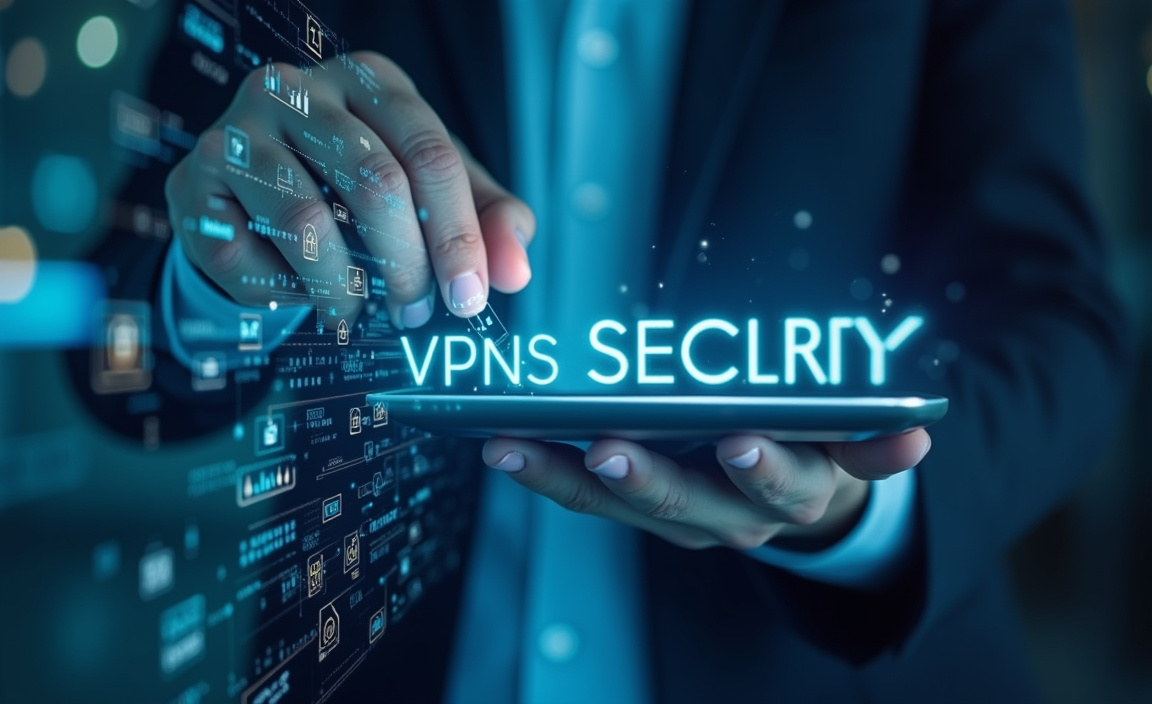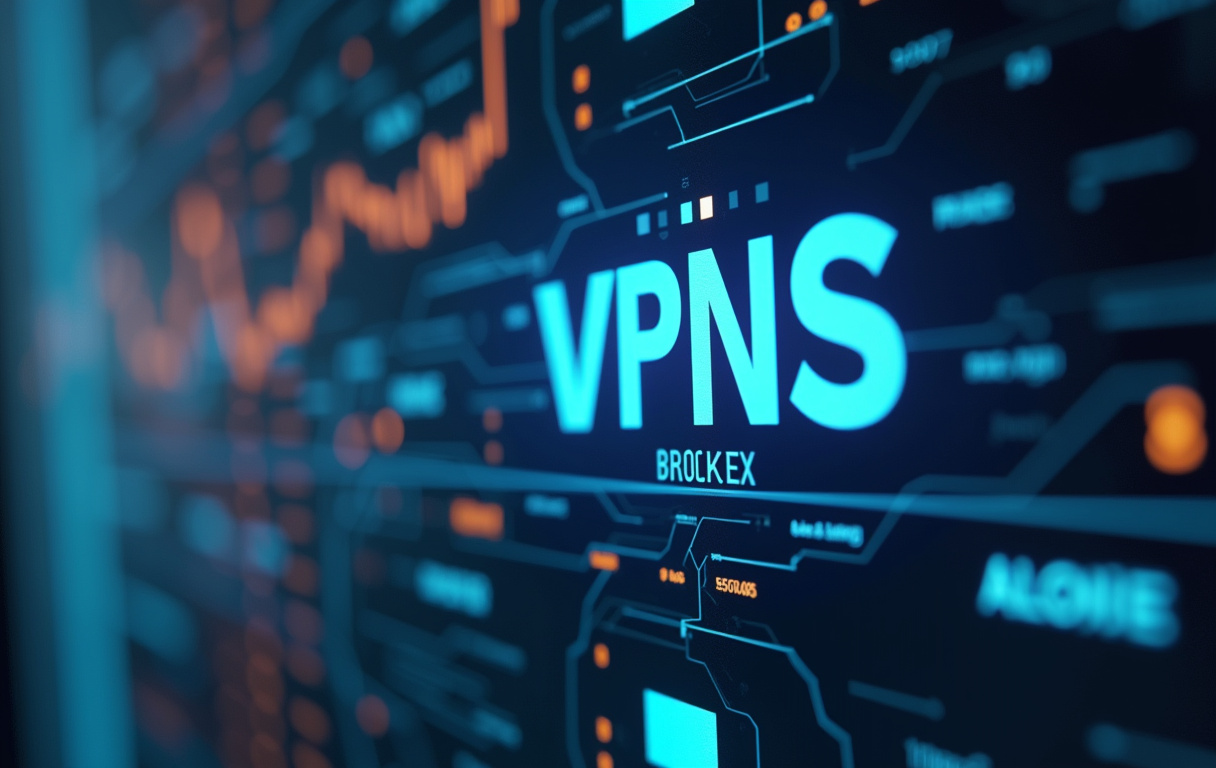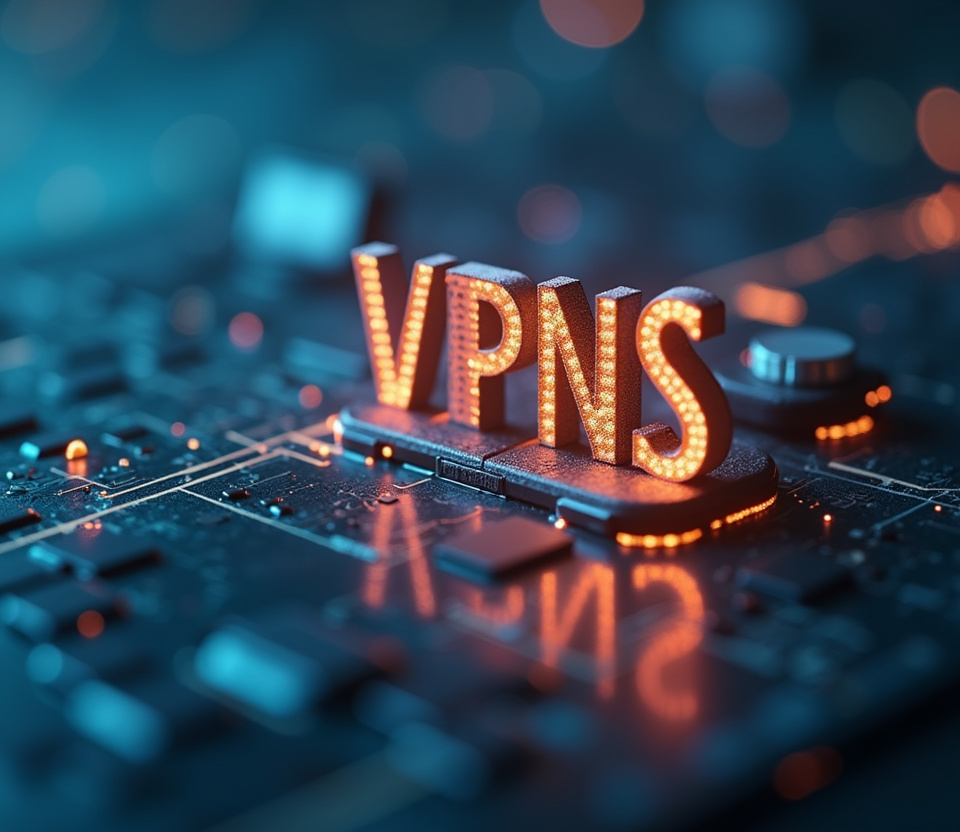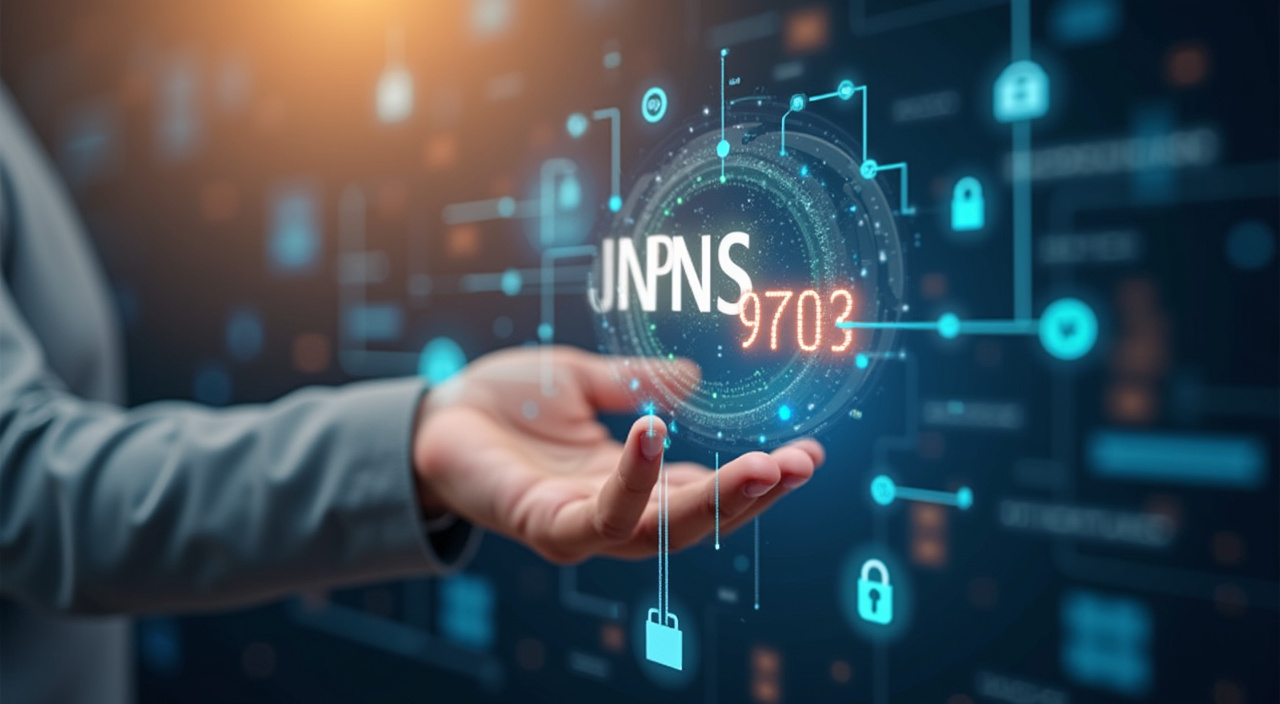VPNs for Freelancers: Protecting Client Information

Table of Contents
VPNs for Freelancers: Protecting Client Information in the Digital Age
The modern freelance landscape is a dynamic and increasingly digital one. While offering unparalleled flexibility and autonomy, it also presents unique challenges, particularly concerning the security of sensitive client information. This article delves into the critical importance of Virtual Private Networks (VPNs) for freelancers who handle confidential data, from financial records and intellectual property to personal details of customers.
A data breach or security lapse can not only devastate your reputation and client relationships but also lead to significant financial losses and legal liabilities. In this environment, a robust security strategy is not merely an option but a necessity. We'll explore how a VPN can act as a powerful tool in mitigating these risks, offering a shield against the ever-present threats of cybercrime and data breaches.
One of the most effective and readily accessible tools available to freelancers for bolstering their security posture is a Virtual Private Network (VPN). A VPN provides a secure and encrypted connection between your device and the internet, effectively masking your IP address, encrypting your data traffic, and shielding your online activities from prying eyes. This is particularly crucial when working from public Wi-Fi hotspots, which are notorious for their vulnerability to hacking and eavesdropping.
Public networks often lack adequate security protocols, making them easy targets for cybercriminals seeking to intercept sensitive information. Utilizing a 'freelancer VPN' ensures that all data transmitted over these unsecured networks is encrypted, rendering it unreadable to unauthorized parties. This provides a critical layer of protection against man-in-the-middle attacks, where hackers intercept communications between your device and the intended server.
Imagine you're working from a local café, catching up on emails or accessing client files. Unbeknownst to you, a hacker could be lurking on the same network, intercepting data packets sent between your device and the internet. With a VPN, all your data is encrypted, appearing as meaningless gibberish to the hacker, thereby safeguarding your client's sensitive information.
Beyond public Wi-Fi protection, a 'VPN for freelancers' offers numerous other security benefits. It can help prevent websites and third-party services from tracking your online activities, preserving your privacy and preventing the collection of data that could be used for malicious purposes. Many websites and online platforms track your browsing habits using cookies and other tracking technologies.
This data can be used to build a profile of your online activity and target you with personalized ads or even used for more nefarious purposes. A VPN masks your IP address, making it more difficult for websites to track you and preventing them from collecting your personal information. Furthermore, a VPN can circumvent geographical restrictions, allowing you to access content and services that may be blocked in your current location.
This can be particularly useful for freelancers working with international clients or requiring access to specific resources that are only available in certain regions. For instance, if you're a freelancer based in a country with strict internet censorship, a VPN can allow you to access blocked websites and communicate freely with your clients. Choosing the right VPN requires careful consideration of several factors.
Security is paramount, so look for a provider that employs strong encryption protocols, such as AES-256, and offers a strict no-logs policy, ensuring that your online activities are not tracked or stored. Speed is also crucial, as a slow VPN can significantly impact your productivity. Opt for a provider with a wide network of servers and optimized connections for fast and reliable performance.
A VPN that slows down your internet connection can be incredibly frustrating, especially when you're trying to meet deadlines or collaborate with clients on real-time projects. Look for a VPN that offers fast and stable connections, allowing you to work efficiently without interruption. Reliability is another key factor, as downtime can disrupt your workflow and potentially expose your data to risk.
Select a VPN provider with a proven track record of uptime and responsive customer support. If your VPN goes down in the middle of a critical project, you need to be able to rely on prompt and effective customer support to get you back online quickly. Ultimately, investing in a 'secure freelancing' setup with a VPN is an investment in your business's long-term security and success.
It demonstrates a commitment to protecting 'client data protection' and safeguarding 'sensitive information security', building trust and confidence with your clients while mitigating the risks associated with working in the digital realm. By prioritizing data protection, you not only safeguard your clients' interests but also build a reputation as a trustworthy and reliable freelancer, attracting more clients and securing your future success.
Essential VPN Features for Freelancers: Security and Performance
The selection of a VPN for your freelance business must be strategic, prioritizing features that directly address the unique security risks you face. One of the most critical aspects of a VPN is its encryption strength. Encryption transforms your data into an unreadable format, preventing unauthorized access even if the data is intercepted.
Look for VPNs that utilize robust encryption algorithms, such as AES (Advanced Encryption Standard) with a key size of 256 bits. AES-256 is widely considered to be the gold standard in encryption, providing an extremely high level of security that is virtually unbreakable. To illustrate, imagine sending a confidential document to a client without encryption; it's like mailing an unsealed letter.
Anyone who intercepts the letter can read its contents. However, with AES-256 encryption, the document is scrambled into a complex code, rendering it incomprehensible to anyone without the decryption key. This ensures that even if your data is intercepted, it remains secure.
Beyond encryption, a VPN's logging policy is another crucial consideration. A reputable VPN provider should adhere to a strict no-logs policy, meaning that they do not collect or store any information about your online activities, including websites visited, files downloaded, and IP addresses. This ensures that your privacy is fully protected and that your data cannot be compromised even if the VPN's servers are seized or subpoenaed.
Some VPN providers may claim to have a no-logs policy but may still collect certain types of data, such as connection logs, which can potentially be used to identify you. Therefore, it is essential to carefully review the VPN's privacy policy and look for independent audits or certifications that verify their no-logs claims. Transparency is key; look for providers who openly publish their privacy policies and undergo regular audits by independent security firms.
A kill switch is another essential feature for any 'VPN for freelancers'. A kill switch automatically disconnects your internet connection if the VPN connection drops, preventing your data from being exposed in the event of a VPN failure. This is particularly important when working with sensitive client information, as even a brief lapse in VPN protection can leave your data vulnerable.
The kill switch acts as a fail-safe mechanism, ensuring that your online activity is always protected by the VPN. Consider a scenario where you're uploading a confidential file to a client portal, and your VPN connection suddenly drops. Without a kill switch, your internet connection would revert to your default IP address, potentially exposing your data during the upload process.
However, with a kill switch enabled, your internet connection would be immediately terminated, preventing any data from being transmitted without VPN protection. In addition to these core security features, consider the VPN's server network. A VPN with a large and geographically diverse server network offers several advantages.
It allows you to connect to servers in different countries, which can be useful for accessing region-locked content or circumventing censorship. A larger server network also reduces the risk of overcrowding, ensuring faster and more reliable connections. Furthermore, look for a VPN that offers specialized servers optimized for specific activities, such as streaming, torrenting, or gaming.
These servers are typically configured to provide faster speeds and enhanced security for these specific use cases. For example, some VPNs offer obfuscated servers, which are designed to bypass VPN detection mechanisms used by some websites and governments. These servers can be useful for freelancers who need to access restricted content or protect their online activity from surveillance.
Finally, user-friendliness is an important factor, especially for freelancers who may not be tech-savvy. Choose a VPN with a simple and intuitive interface that is easy to use and configure. The VPN should also offer responsive customer support in case you encounter any issues.
Navigating complex settings and configurations can be time-consuming and frustrating. A user-friendly VPN will streamline the setup process and allow you to focus on your work. Protecting 'client data protection' with a VPN for 'secure freelancing' is a crucial part of safeguarding 'sensitive information security', and a core tenet of any 'freelancer VPN' worth its salt.
By carefully evaluating these features and selecting a VPN that meets your specific needs, you can significantly enhance your online security and protect your valuable client data.
Choosing the Right VPN: A Freelancer's Guide to Selection
The practical implementation of a VPN within your freelance workflow is paramount for maintaining consistent and reliable 'client data protection'. Don't treat it as an afterthought, but rather as an integral component of your overall security strategy. Implementing a VPN effectively requires a proactive and systematic approach, starting with integrating it seamlessly into your daily routine.
Make it a habit to connect to your VPN every time you access the internet, regardless of whether you are working from home, a coffee shop, or a co-working space. This ensures that your data is always protected, even when you are not actively working on client projects. You can configure your operating system or VPN client to automatically connect to the VPN whenever you start your computer or device.
This eliminates the need to manually connect each time, making it easier to maintain consistent VPN protection. Consider dedicating a specific browser profile exclusively for freelance work and configuring it to always use the VPN. This can prevent accidental exposure of client data when browsing for personal use.
Regularly test your VPN connection to ensure it is working correctly. Check your IP address to verify that it matches the VPN server's IP address and use online tools to test for DNS leaks. DNS leaks occur when your DNS requests are not routed through the VPN server, potentially exposing your actual IP address.
If you detect any leaks, contact your VPN provider for assistance. Establish clear protocols for handling client data and ensure that all your devices are properly secured. This includes using strong passwords, enabling two-factor authentication, and keeping your software up to date.
Educate yourself about common security threats, such as phishing attacks and malware, and learn how to identify and avoid them. Phishing attacks can trick you into revealing sensitive information, while malware can compromise your system and steal your data. A key element of 'secure freelancing' is understanding the concept of split tunneling and how to configure it appropriately.
Split tunneling allows you to route some of your internet traffic through the VPN while allowing other traffic to bypass it. This can be useful for improving performance when accessing certain websites or services that do not require VPN protection or for accessing local network resources while connected to the VPN. However, split tunneling can also create security risks if not configured properly.
Ensure that all traffic related to client projects and sensitive data is always routed through the VPN. Only allow non-sensitive traffic, such as general web browsing, to bypass the VPN. Regularly review your split tunneling settings to ensure they are configured correctly and that no sensitive traffic is being inadvertently exposed.
Another aspect of responsible VPN usage involves selecting appropriate server locations. Choose server locations that are geographically close to your actual location for optimal speed and performance. However, consider using server locations in countries with strong privacy laws when handling sensitive client data.
Some countries have laws that protect user data from government surveillance and data retention. In addition to technical measures, it is crucial to establish a comprehensive security policy for your freelance business. This policy should outline your VPN usage guidelines, data handling procedures, and incident response plan.
Share this policy with your clients to demonstrate your commitment to data security and build trust. Regularly review and update your security policy to reflect evolving threats and best practices. Remember that a VPN is just one component of a comprehensive security strategy.
It should be used in conjunction with other security measures, such as firewalls, antivirus software, and regular security audits. Protecting 'sensitive information security' requires a multi-layered approach that addresses all potential vulnerabilities. By implementing these practical measures, you can significantly enhance your online security and protect your valuable client data, solidifying yourself as a reliable 'freelancer VPN' user who prioritizes 'client data protection.'
VPNs for Services: Enhancing Security and Privacy for Subscription-Based Platforms
Beyond the basic setup and daily usage, optimizing your VPN for specific freelance tasks can further enhance both security and efficiency. Consider the type of work you typically perform and tailor your VPN configuration accordingly. For instance, if you frequently transfer large files to clients, optimize your VPN settings for speed.
Some VPN providers offer specialized servers that are optimized for file sharing, offering faster upload and download speeds. Experiment with different VPN protocols to find the one that provides the best balance of speed and security for your specific needs. WireGuard is a relatively new VPN protocol that is known for its speed and security, while OpenVPN is a more established protocol that offers a high level of security but may be slower in some cases.
If you collaborate with clients using cloud-based platforms, ensure that your VPN is compatible with those platforms. Some VPNs may interfere with the functionality of certain cloud services. Test your VPN connection with the platforms you use regularly to ensure there are no compatibility issues.
Additionally, explore the possibility of using a dedicated IP address. A dedicated IP address is an IP address that is assigned exclusively to you, rather than being shared with other VPN users. This can offer several advantages, including improved security and reliability.
A dedicated IP address can reduce the risk of being blocked by websites or services that block shared IP addresses, and it can also improve your online reputation. Be sure to understand the security implications of any browser extensions you use, especially when connected to a VPN. Some browser extensions may track your online activity or leak your IP address, even when you are using a VPN.
Stick to reputable browser extensions from trusted developers and regularly review your extension permissions to ensure they are not accessing more data than necessary. Securing your communication channels is paramount for protecting 'sensitive information security' during client interactions. Use encrypted messaging apps like Signal or WhatsApp (with end-to-end encryption enabled) to communicate with clients about sensitive matters.
Avoid using unencrypted email or messaging platforms, as these can be easily intercepted by hackers. When conducting video conferences with clients, use platforms that offer end-to-end encryption and ensure that all participants are using secure devices and networks. Regularly update your communication apps and software to patch any security vulnerabilities.
Another VPN optimization strategy involves properly configuring your firewall. A firewall acts as a barrier between your computer and the internet, blocking unauthorized access and preventing malicious software from entering your system. Ensure that your firewall is properly configured to allow only necessary traffic and block all other traffic.
Combine the security of your chosen 'freelancer VPN' with the capabilities a robust firewall for maximum 'client data protection'. Many operating systems have built-in firewalls that you can enable and configure. You can also use third-party firewall software for more advanced features.
When traveling, be extra vigilant about your online security. Avoid using public Wi-Fi hotspots whenever possible and always connect to your VPN when you do. Be aware of your surroundings and avoid discussing sensitive client information in public places.
Use a privacy screen on your laptop to prevent others from peering over your shoulder and viewing your screen. Back up your data regularly to an external hard drive or cloud storage service. In the event of a security breach or hardware failure, you will be able to restore your data and minimize disruption to your work.
Consider using a password manager to securely store your passwords. Password managers generate strong, unique passwords for all your online accounts and store them in an encrypted vault. This can help you avoid using weak or reused passwords, which are a common target for hackers.
With thoughtful adjustments for task specific performance, the 'VPN for freelancers' becomes a powerhouse tool for 'secure freelancing.'
In the ever-evolving landscape of cybersecurity, staying informed about emerging threats and adapting your security strategies accordingly is crucial. Regularly monitor security news and blogs to stay up-to-date on the latest vulnerabilities and attacks. Subscribe to security alerts from your VPN provider and other security vendors to receive notifications about critical security updates.
Be aware of social engineering tactics, which are used by hackers to trick you into revealing sensitive information or performing actions that compromise your security. Social engineering attacks can take many forms, such as phishing emails, fake websites, and phone calls from impersonators. Always be skeptical of unsolicited requests for information and verify the identity of anyone who contacts you before sharing any sensitive data.
Participate in online security communities and forums to learn from other freelancers and security professionals. Sharing experiences and knowledge can help you identify and address potential security risks that you may not have been aware of. Consider taking online security courses or certifications to enhance your knowledge and skills.
There are many free and paid resources available that can help you learn about cybersecurity best practices and prepare for various security certifications. Regularly review and update your security policies and procedures to ensure they are aligned with the latest threats and best practices. Conduct periodic security audits to identify vulnerabilities in your systems and processes.
You can perform these audits yourself or hire a security consultant to conduct them for you. Document any security incidents that occur and analyze them to identify the root cause and prevent future occurrences. Create an incident response plan that outlines the steps you will take in the event of a security breach.
This plan should include procedures for containing the breach, notifying affected parties, and restoring your systems and data. Practice your incident response plan regularly to ensure that you are prepared to respond effectively in the event of a real security breach. Staying ahead of potential issues related to 'sensitive information security' requires an active approach.
Beyond VPNs, consider additional security measures that complement the protection offered by your 'freelancer VPN.' Implement multi-factor authentication (MFA) wherever possible. MFA requires you to provide two or more forms of authentication to access your accounts, making it much more difficult for hackers to gain access even if they have your password. Use a reputable antivirus software and keep it up-to-date.
Antivirus software can detect and remove malware from your system, preventing it from compromising your data. Enable automatic updates for your operating system and software. Security updates often include patches for vulnerabilities that hackers can exploit.
Regularly scan your system for malware and vulnerabilities. There are many free and paid tools available that can help you scan your system for potential security risks. Finally, cultivate a security-conscious mindset.
Security is not just a technical issue, it is also a human issue. Be aware of your surroundings and be mindful of the information you share online and offline. Question everything and be wary of anything that seems suspicious.
Remember that you are the first line of defense against cyber threats. In conclusion, protecting client information as a freelancer requires a multifaceted approach that encompasses a reliable VPN, robust security practices, and a continuous commitment to staying informed and adapting to evolving threats. By implementing the strategies outlined in this article, you can significantly enhance your online security, build trust with your clients, and secure your future success in the digital freelance world.
Your proactive commitment to 'client data protection' solidifies your brand and creates lasting relationships hinged on trust, further legitimizing your status as a provider of 'secure freelancing.'
Stay Updated
Get the latest VPN news, tips, and exclusive deals to your inbox.




